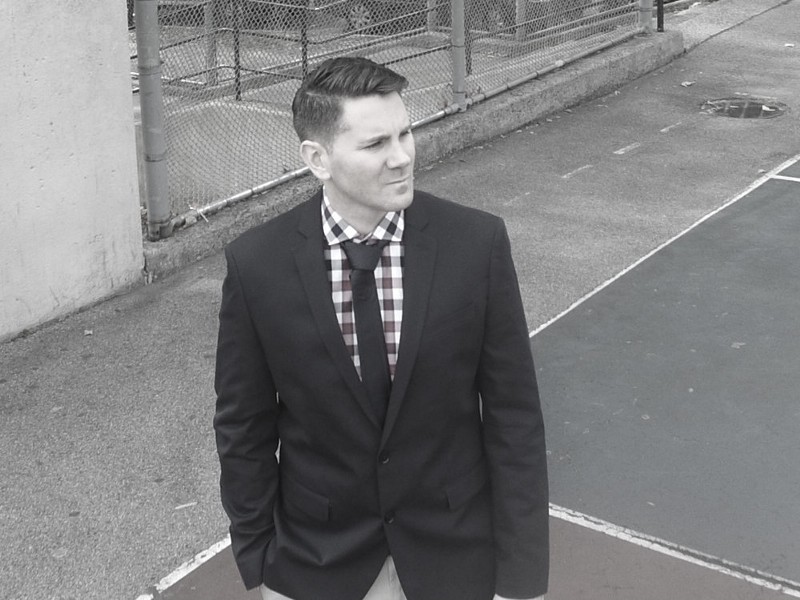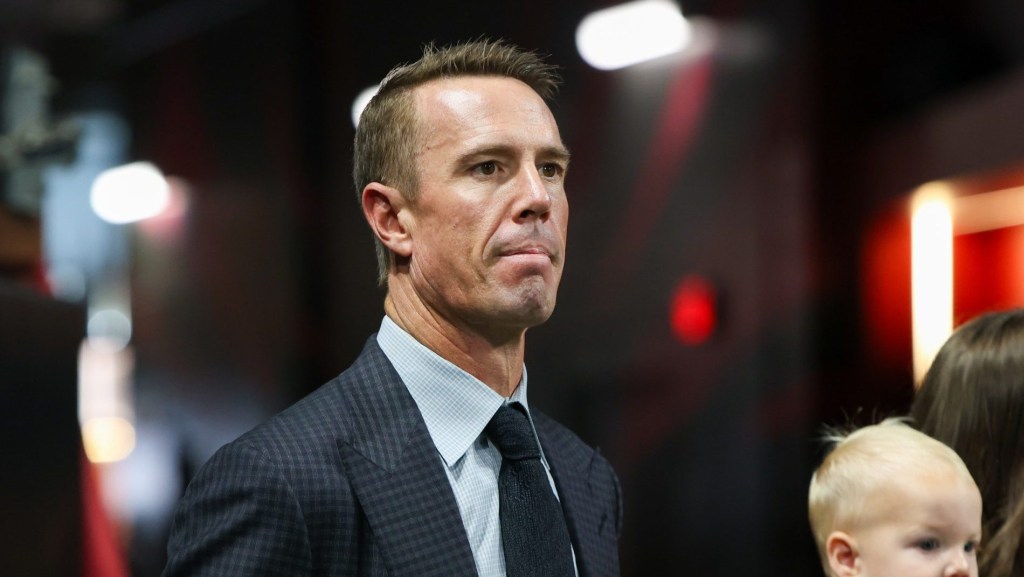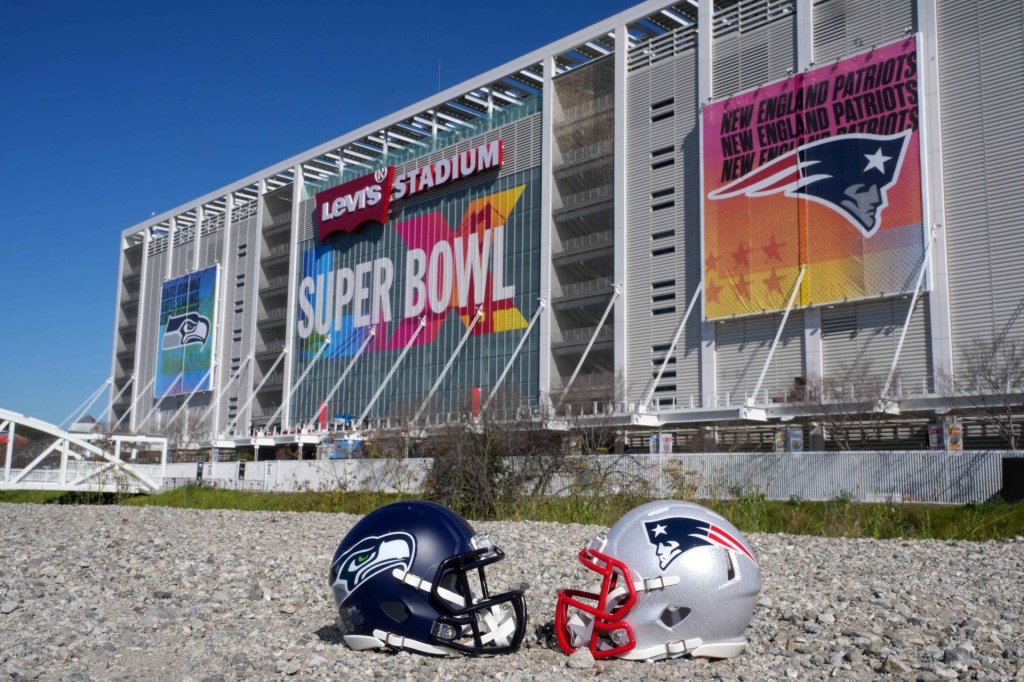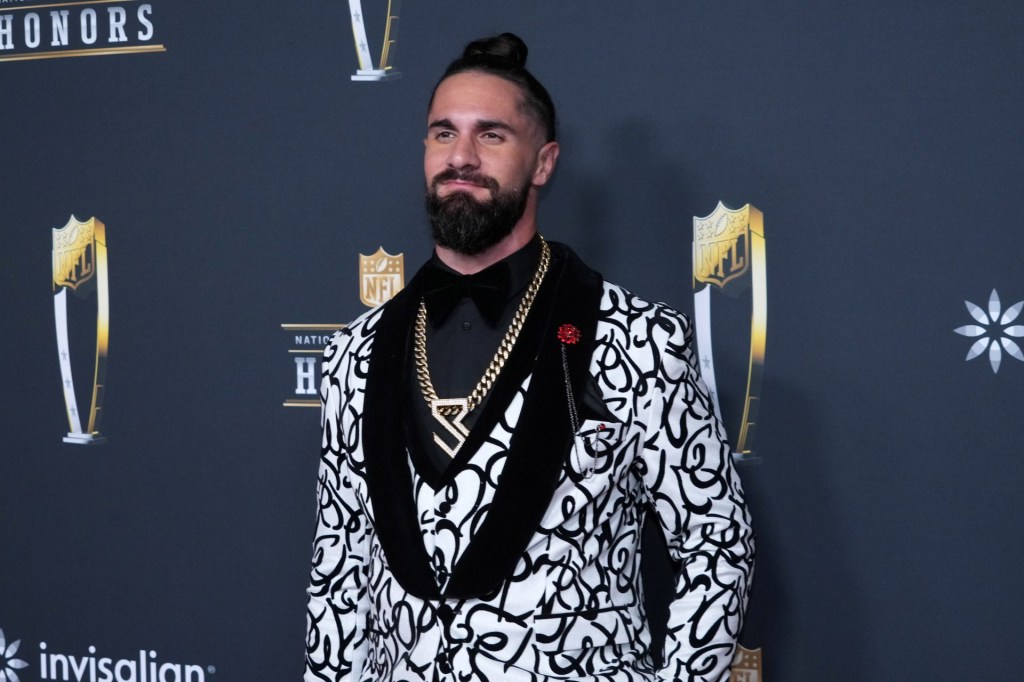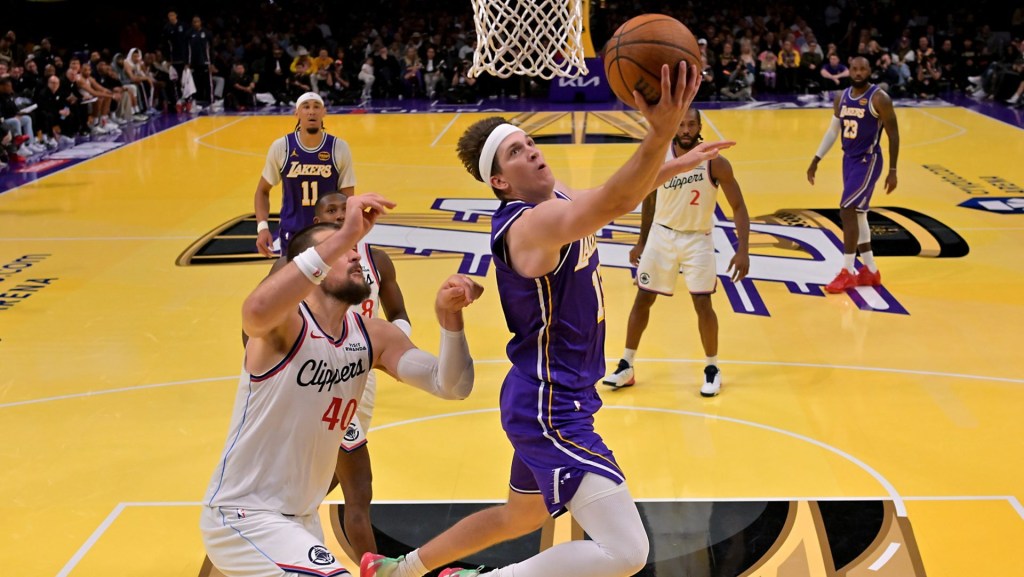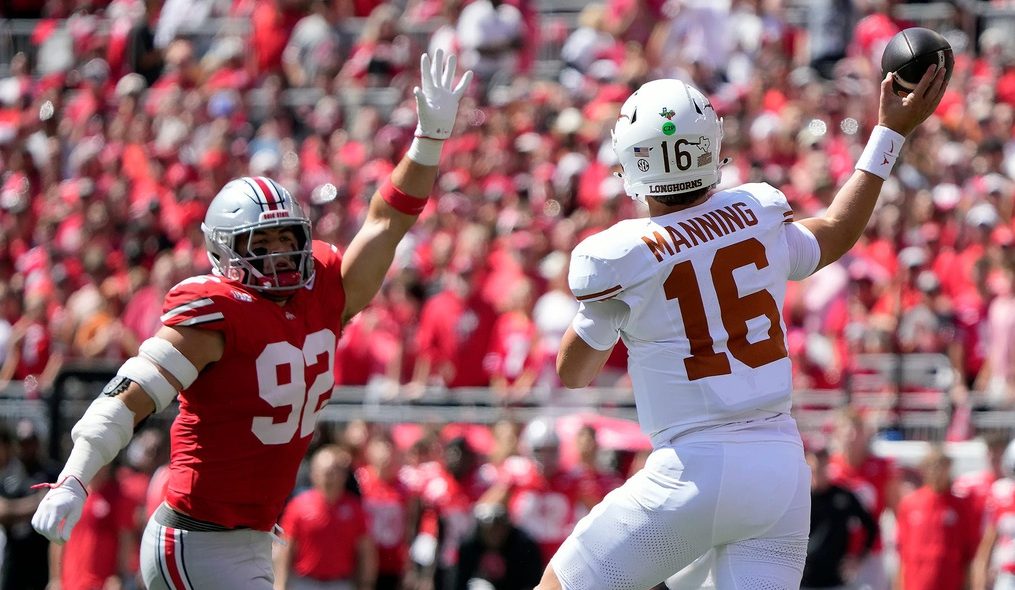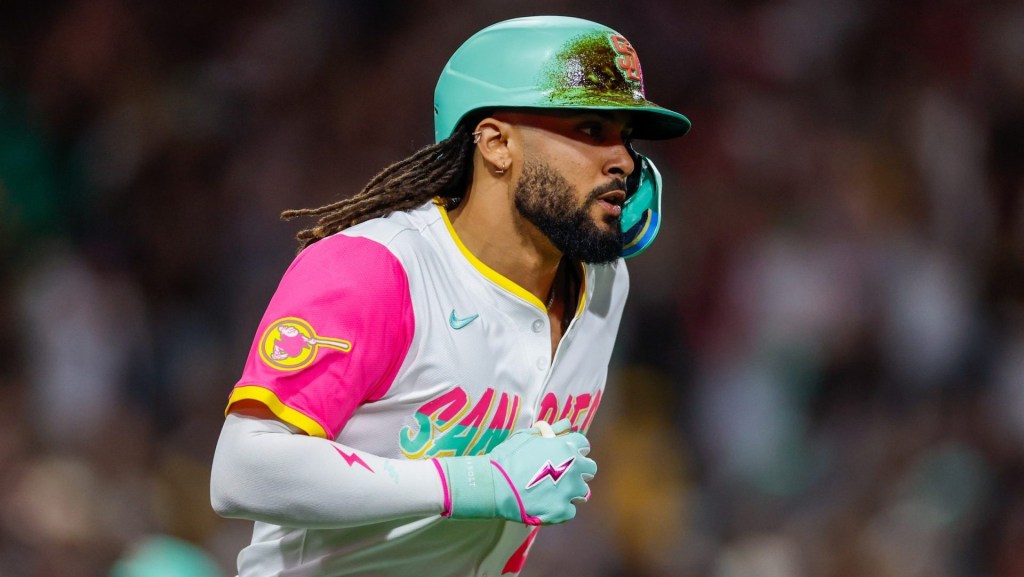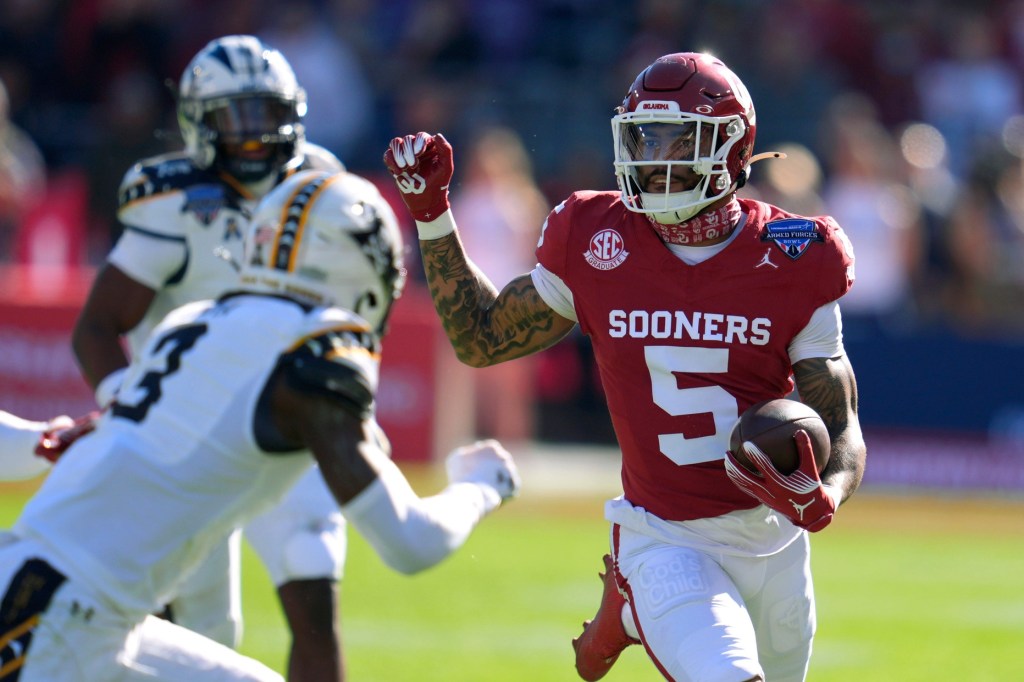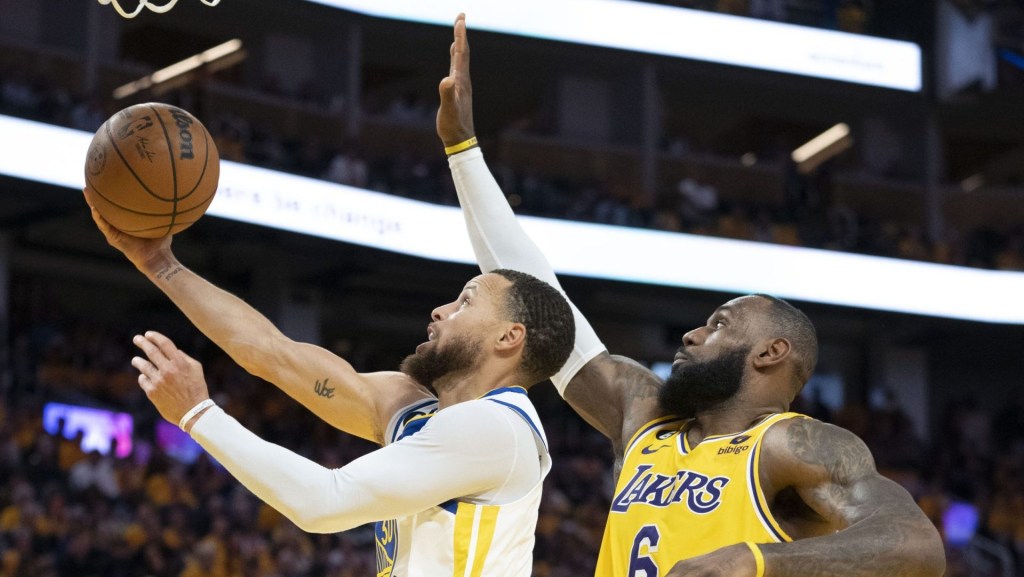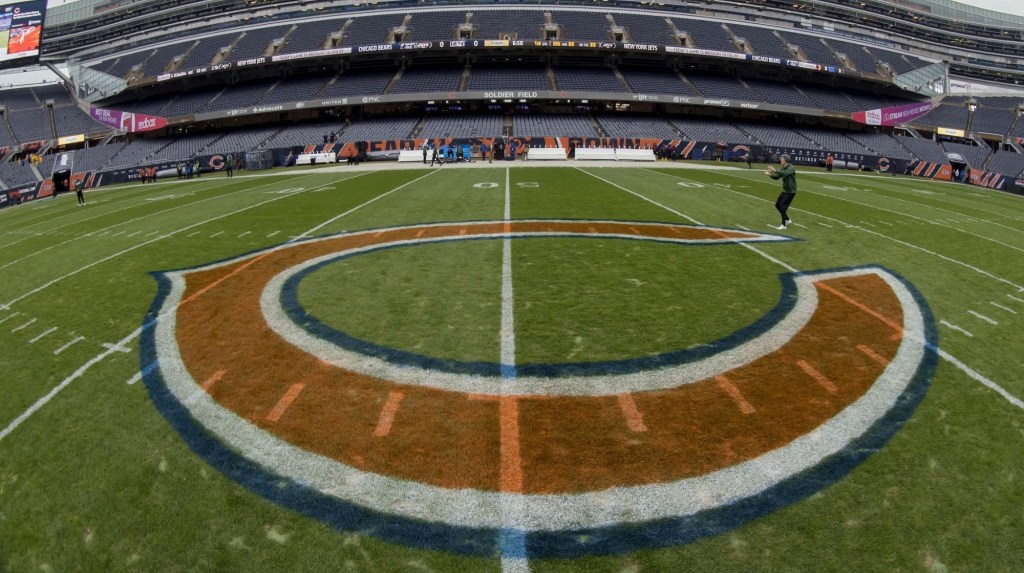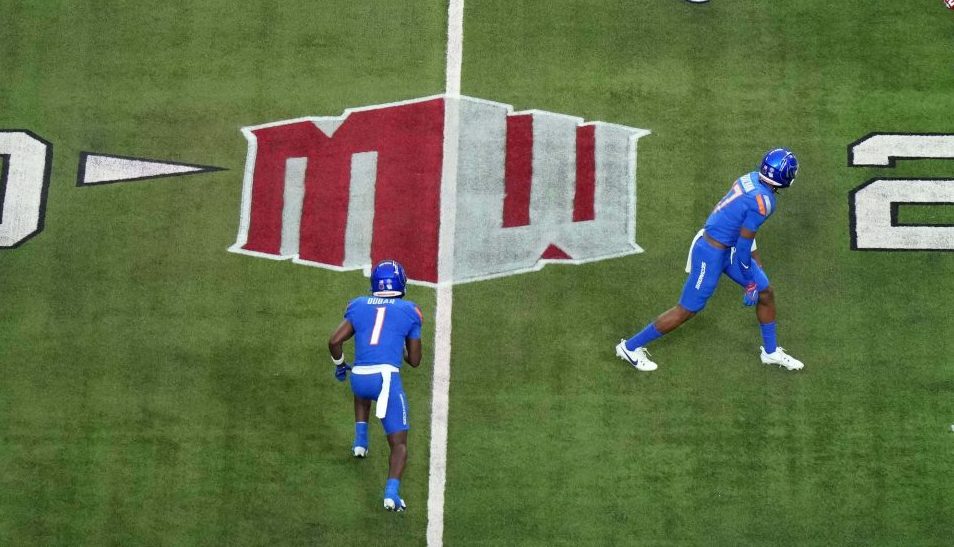This interview is presented to you by the University of Nebraska — Lincoln Master of Arts in Business with a Specialization in Intercollegiate Athletics Administration
By: Justin Mears, @jmears26

As sports fans, we all have that bucket list of must-see games and stadiums. The summer road trip across the country catching as many baseball games as possible in a two week stretch. The Swamp, The Grove and Death Valley in the fall. A Thanksgiving Day matchup in Dallas. A trip to the Super Bowl. Outdoor hockey at the Winter Classic.
As we check these items off the list, they join a long line of nostalgic moments that cover a lifetime of sports memories. From the first time your dad took you to a game, your first no-hitter, that triple overtime victory over the archrival, the buzzer beater when David beat Goliath and everything in between, our lives as sports fans are a compilation of experiences and emotions easily triggered by something as simple as a ticket stub.
For Peter Robert Casey, the co-founder and CEO of Sports Passport, his journey in the sports world began with a love of basketball, grew through an obsession with his bucket list and was cemented by an entrepreneurial spirit that culminated in the creation of a company that marries nostalgia with aspiration.
While working at Columbia University and getting a Master’s degree in Organizational Psychology, Casey started a blog about the intersection of social media and the business side of basketball. For a year, he slowly built a following, but the blog never grew beyond 150 subscribers. However, as seems too often the case, it only took one reader to open a door for him.
That subscriber led him to an opportunity to cover the St. John’s University basketball team exclusively on his personal Twitter feed and, in 2009, he became the first media-credentialed microblogger in college basketball history. Casey used Twitter to shed light on everything the camera wasn’t showing, and gave fans behind the scenes access that was unprecedented at the time. This groundbreaking initiative attracted national media coverage, including Andy Katz breaking the story on ESPN.
The New York Knicks marketing team saw the story and invited Casey to speak at their first-ever Tweetup alongside Twitter founder, Jack Dorsey. Six months later, Casey became the Knicks’ first full-time social media hire, where he was critical in launching knicksnow.com; a fan-driven, short burst content site centered on Knicks social media channels. For Casey, this whirlwind of an opportunity was surreal and it included priceless moments like being the first person to meet Carmelo Anthony at the airport when he signed with New York to interview him for the team.
After leaving the Knicks, Casey took a role with Five-Star Basketball as a community manager. They were launching a digital media business covering grassroots and high school basketball, and it seemed like the perfect fit. He then got a glimpse of the agency side of the business at Team Epiphany, working on Nike basketball, Nike baseball and athletic training accounts. He started there as a senior community manager and was promoted to director after a year.
During that stretch, one of his favorite things to do was to go see college basketball games all across the country. He had a bucket list of venues he wanted to see and he kept track of that bucket list on Google Maps. Casey began to realize that there had to be a better way to keep track of all of the venues and games he wanted to attend and he started talking to people about the possibility of a site that would keep track of your bucket list for you. What he learned, however, was that people are a lot more interested in seeing where they have been in the past rather than looking to where they are going in the future. The sense of nostalgia that sports fans feel for their most cherished memories is an inseparable part of who they are and they want to be able to relive those memories over and over again.
Using this realization and seeking to find a way to join the nostalgia with aspiration, Casey launched Basketball Passport in October of 2013 to marry your, “bucket list with your brag list.” He started with just basketball, allowing a user to input all of the games they had attended in their lifetime, generating personalized stats based on this (are you a good luck charm or not) and reminding fans of some of the greatest performances they had witnessed in person. What started with just basketball quickly expanded to baseball, football and hockey.
In May of 2016, Casey and his team consolidated the user experience into sportspassport.com. Around this same time, they brought in a national sponsor in New York Life Insurance, and raised enough money in a seed round to build the Sports Passport mobile app that will launch this fall.
When asked what it takes to take an idea like this and make it a reality, Casey’s response was quite simple.
“First, get the idea out of your head and onto paper. When you put something in writing, it tugs at you to create action.”
What seems so basic, simply taking that first actionable step along the way, is a critical step in the journey to reality.
After that, Casey says to, “Map out an actual business plan if the intent is to make money. Where will the revenue come from? What are the costs? How will you scale the user base? What are the distribution channels? Who is our competition?”
According to Casey, the great thing about today’s environment is that it is really cheap to build a minimum viable product (MVP) that the market can experience and react to. For Basketball Passport, this involved building a website that enabled real-time and retroactive checkins to NBA and Division I college basketball games, and a dataset of box scores to serve up personalized stats (i.e. What your favorite team’s record is based on games you’ve attended). The idea was tested, and feedback showed users wanted a more mobile-friendly experience. Additionally, the realization came that “Passporting” lends itself perfectly to baseball. So, baseball was added, followed by football and hockey.
Ultimately, it was the iterative process that led to the Sports Passport product as it is seen today. Casey points out his original idea of just digitizing your sports bucket list, “likely wouldn’t have worked.” According to him, “Our data reinforced that more fans are far more interested in tracking where they’ve been versus where they’d like to go. We realized this only after building an MVP website.”
From the start of Basketball Passport in 2013 until August 1, 2016, Casey was moonlighting for Sports Passport at night and on weekends. He admits that this method wasn’t always desirable because he is a hypercompetitive person who is always, “chomping at the bit,” but it was an important test of patience for him and extremely valuable to his company.
It was a slow road working only at nights and on weekends over the course of three years, but it allowed him the opportunity to iterate and figure out what worked, constantly expand his databases and slowly grow his user base to the point he was ready to be “all in” for Sports Passport. He found a power group of users who became ambassadors for the product and were willing to provide constant feedback before each launch.
One of those ambassadors happened to play a key role at New York Life and saw the natural marriage between what Sports Passport was doing in preserving fan’s memories with the mission of New York Life to preserve family legacies and traditions. Going to the ballpark, tailgating and the generational aspect of passing down sports fandom all provide a nice interplay between Sports Passport and New York Life.
Once he was able to secure a national sponsor with New York Life Insurance, he realized that in order to get on the, “prime-time stage” with them, he needed a, “prime-time product.”
At the end of the day, Sports Passport is a, “virtual shoebox of your ticket stubs.” Casey says, “If you can take the memories and bind them back to the game, you can relive the moments and game anytime. They are more than a souvenir. They embody some of the best times you’ve had in your life.”
In order to take Sports Passport to the next level, working with ticket partners appears to be the most natural extension, as the common denominator of both user bases is that they go to games. Sports Passport has already teamed up with SeatGeek and is using their API. In addition to this, a reverse chronological timeline will be brought to life on the new mobile app. There will also be an added emphasis on adding a social element to the app, where you can tag your friends you were with and help them fill out their passport as well.
In looking at how he went from a 150 subscriber blog to the New York Knicks to running his own sports startup, Casey reflected on the need to step out of your comfort zone.
“Everything you want in life is on the other side of fear. It’s not my quote, but it’s absolutely true. You have to step outside of your comfort zone. You have to care and be vulnerable enough to create work that will be experienced and criticized by people.”
If you are willing to get outside of your comfort zone, allow your work to be judged and you remain consistent and persistent until you see the results, well, that’s, “where the magic happens.”
After that happens, it’s about trying to pay it forward. Casey describes this as, “trying to help the next generation of sports business professionals.” To him, it’s about never looking for anything in return and just giving of his time and attention.
“There’s an old adage: ‘You can have anything you want in life if you help enough people get what they want first.’ The key is to not expect anything in return. Doors open up for you when you are out there being a blessing for others.”
We want to thank Peter Robert Casey for sharing his insights on being an entrepreneur in the sports industry and the importance of finding the magic outside of your comfort zone. You can check him out on LinkedIn or follow Sports Passport on Twitter. We look forward to the release of the mobile app this fall and the nostalgia that will come with reliving our greatest moments of sports fandom.
